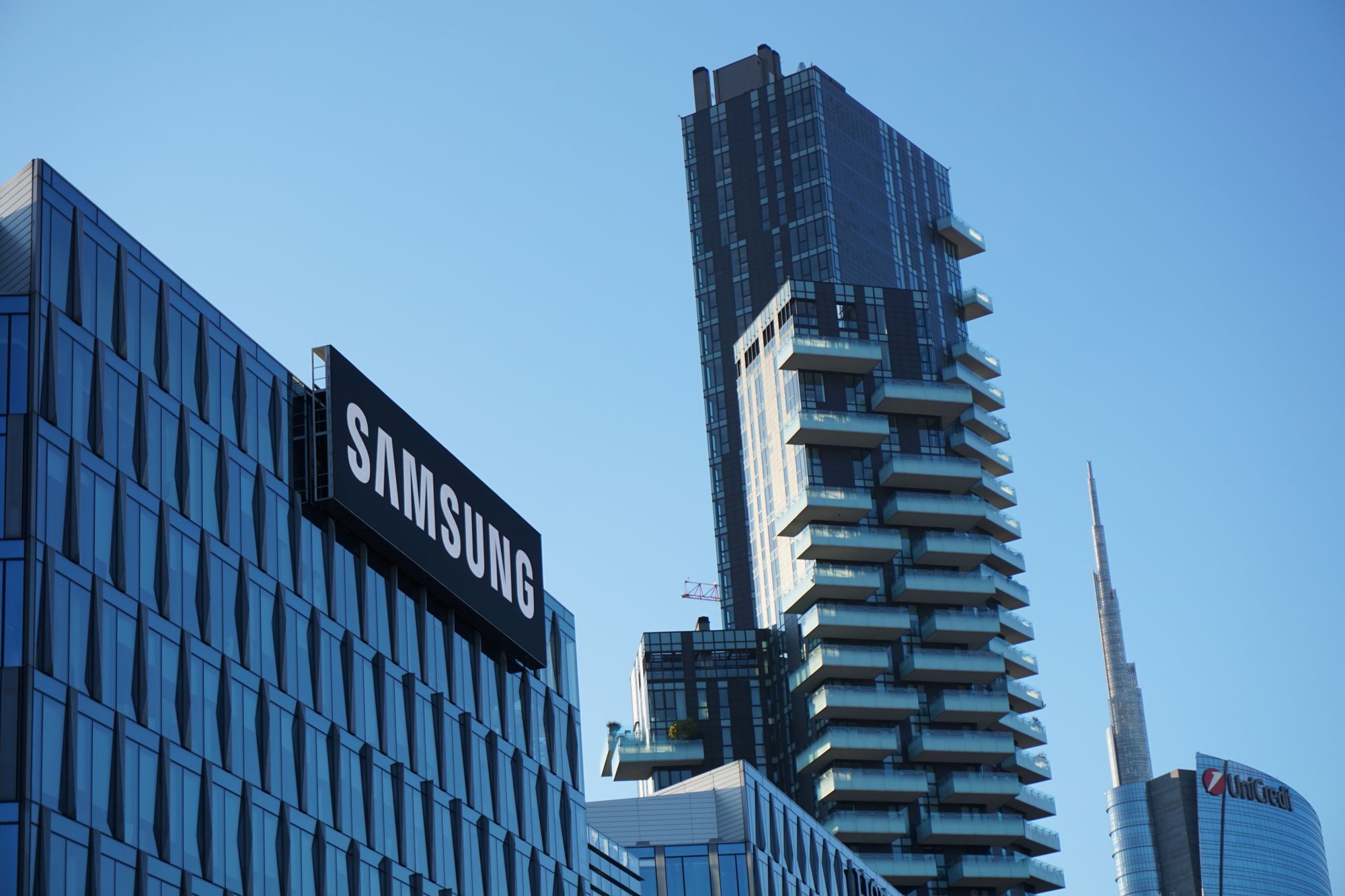Why Did Google Kill Reader?


There’s a lot of speculation surrounding the tragic demise of Google Reader. Another possible reason: Reader died because Larry page and the other execs simply didn’t care about it.
Because of that, nobody stepped up to lead the product.
At least that’s Buzzfeed’s version of the story. They cite several sources familiar with the situation who say that Larry Page and his “inner circle of lieutenants” simply didn’t see Google Reader as an “important strategic priority.” When the product found itself without an engineering head, nobody wanted to devote any more time to it because they saw it as a losing project.
But this scenario poses the bigger question of why Larry Page and others had such little interest in keeping Google Reader alive.
When Google first announced the closing of the product, this is what they said:
“We launched Google Reader in 2005 in an effort to make it easy for people to discover and keep tabs on their favorite websites. While the product has a loyal following, over the years usage has declined. So, on July 1, 2013, we will retire Google Reader.”
Blaming it on user disinterest seemed a little inappropriate, especially considering the massive outcry of anger and disappointment following the announcement.
Google’s Senior Director of News & Social Products Richard Gringas later blamed the failure on a shift in the way we consume news:
As a culture we have moved into a realm where the consumption of news is a near-constant process. Users with smartphones and tablets are consuming news in bits and bites throughout the course of the day – replacing the old standard behaviors of news consumption over breakfast along with a leisurely read at the end of the day.
Some speculate that it was a financial thing, or a play to drive more use of Google+, or that Google wasn’t able to mine enough user data from Reader.
It was probably a combination of all of this, but it certainly doesn’t help that the man at the top is completely disinterested.




